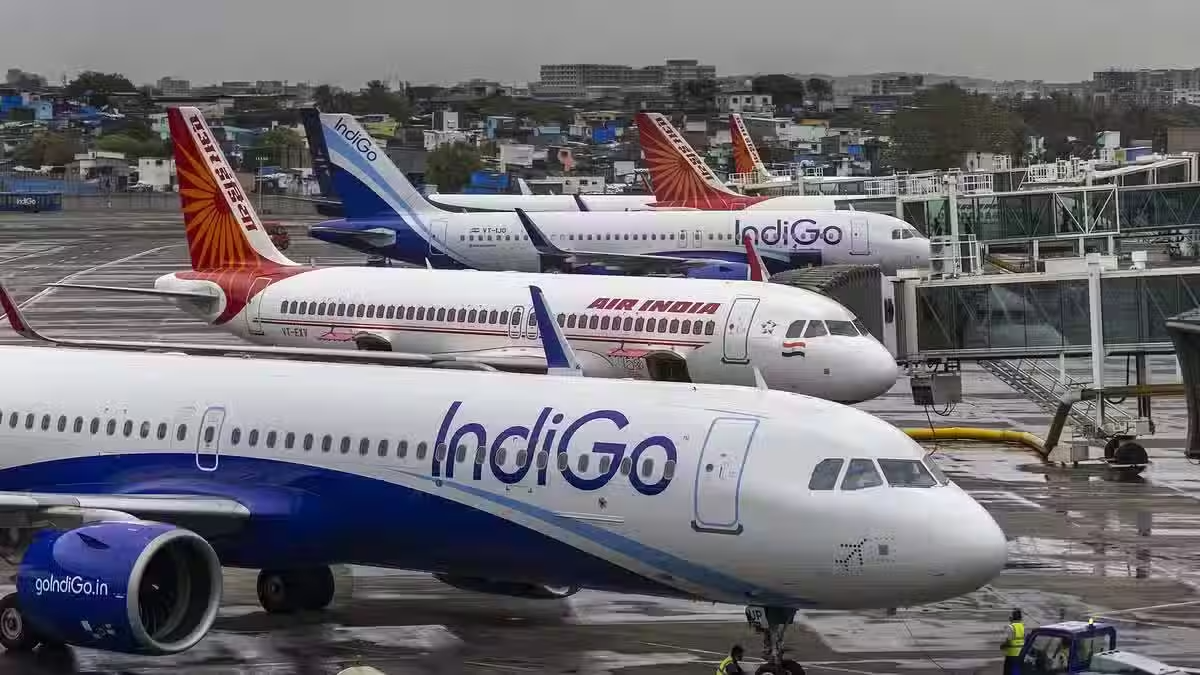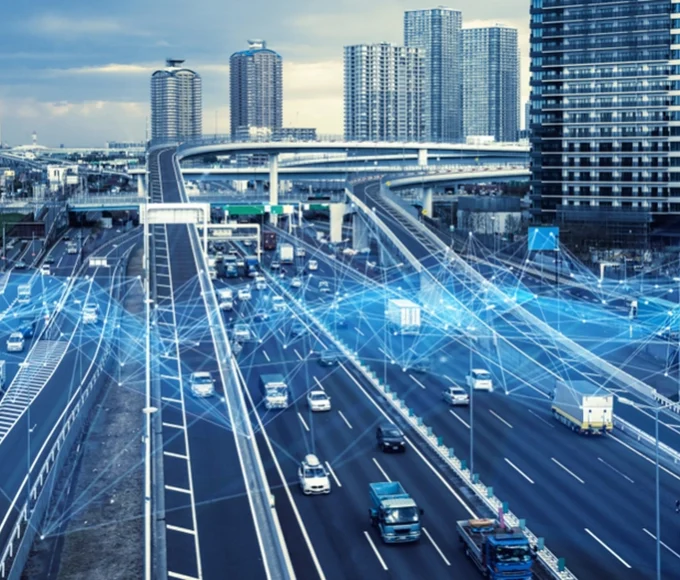The aviation industry is one of the most dynamic sectors in India, and it plays a crucial role in the country’s economic growth and connectivity. With a rapidly expanding middle class and increasing disposable income, the demand for air travel has been on the rise. To meet this growing demand and enhance operational efficiency, the Indian aviation industry has turned to artificial intelligence (AI) as a transformative force. AI is revolutionizing various aspects of the aviation sector, from customer service and safety to operations and maintenance.
Enhancing Customer Experience
AI has brought about a significant transformation in the way airlines interact with passengers. Chatbots and virtual assistants are being employed to provide real-time information, assist with bookings, and address customer queries promptly. For instance, India’s leading airlines, such as IndiGo and Air India, have integrated AI-powered chatbots on their websites and mobile apps to improve the customer experience. These chatbots not only provide immediate responses to frequently asked questions but can also assist with flight bookings, check-in procedures, and baggage information.
Additionally, AI-driven personalized recommendations are helping airlines offer tailored travel experiences to their passengers. These systems analyse passenger preferences, previous travel history, and current context to suggest relevant in-flight entertainment, meal choices, and even destination activities. This personalization not only increases customer satisfaction but also boosts ancillary revenues.
Improving Safety and Maintenance
Ensuring safety and maintaining aircraft in top condition is paramount in the aviation industry. AI is playing a crucial role in this aspect. Predictive maintenance powered by AI algorithms helps airlines identify potential mechanical issues and perform maintenance before problems become critical. These systems analyse data from sensors and historical maintenance records to predict when specific components might fail, reducing costly downtime and improving safety.
Moreover, AI-based technologies are transforming safety protocols. In India, with its crowded airspace and diverse weather conditions, AI helps air traffic controllers make quick decisions and optimize routes for aircraft. AI-driven weather prediction models assist pilots in avoiding turbulence and adverse weather conditions, making air travel safer and more comfortable.
Optimizing Operations
AI is also optimizing various operational aspects of the aviation industry. Airlines use AI to enhance flight scheduling and route planning, leading to fuel savings and reduced greenhouse gas emissions. For example, airlines can analyse historical data, weather patterns, and traffic conditions to determine the most efficient routes.
Furthermore, AI-driven systems help airlines manage crew scheduling and assignments efficiently. They consider factors such as crew availability, rest periods, and qualifications to create optimal rosters. This not only benefits airlines by reducing labour costs but also ensures that crew members are well-rested and better able to provide safe and high-quality service.
Airports of the Future
The integration of AI in India’s aviation industry is not limited to airlines alone; airports are also adopting AI technologies to improve operations and passenger experience. Smart security systems with facial recognition technology speed up security checks, reducing passenger wait times. AI-enabled baggage handling systems enhance efficiency and minimize the risk of mishandled luggage. Additionally, AI can help optimize airport facilities management, ensuring that buildings, runways, and other infrastructure are well-maintained.
Challenges and Concerns
While AI brings about numerous advantages, its integration into India’s aviation industry is not without challenges and concerns. The high upfront costs of implementing AI systems can be a barrier for smaller airlines and airports. Data privacy and security are also major concerns, especially when dealing with passenger information and flight data.
The need for a skilled workforce to develop, operate, and maintain AI systems is another challenge. India is actively working on developing AI talent and fostering a culture of innovation, but more investment in training and education is needed to meet the growing demand.
Artificial intelligence is transforming India’s aviation industry, making it more efficient, customer-centric, and safe. As the country continues to see growth in air travel, AI will play an increasingly pivotal role in ensuring that the skies remain not only accessible but also secure and sustainable.
With the right investment, regulatory support, and a skilled workforce, India’s aviation industry can harness the full potential of AI to propel it into a brighter and more technologically advanced future.
















Leave a comment